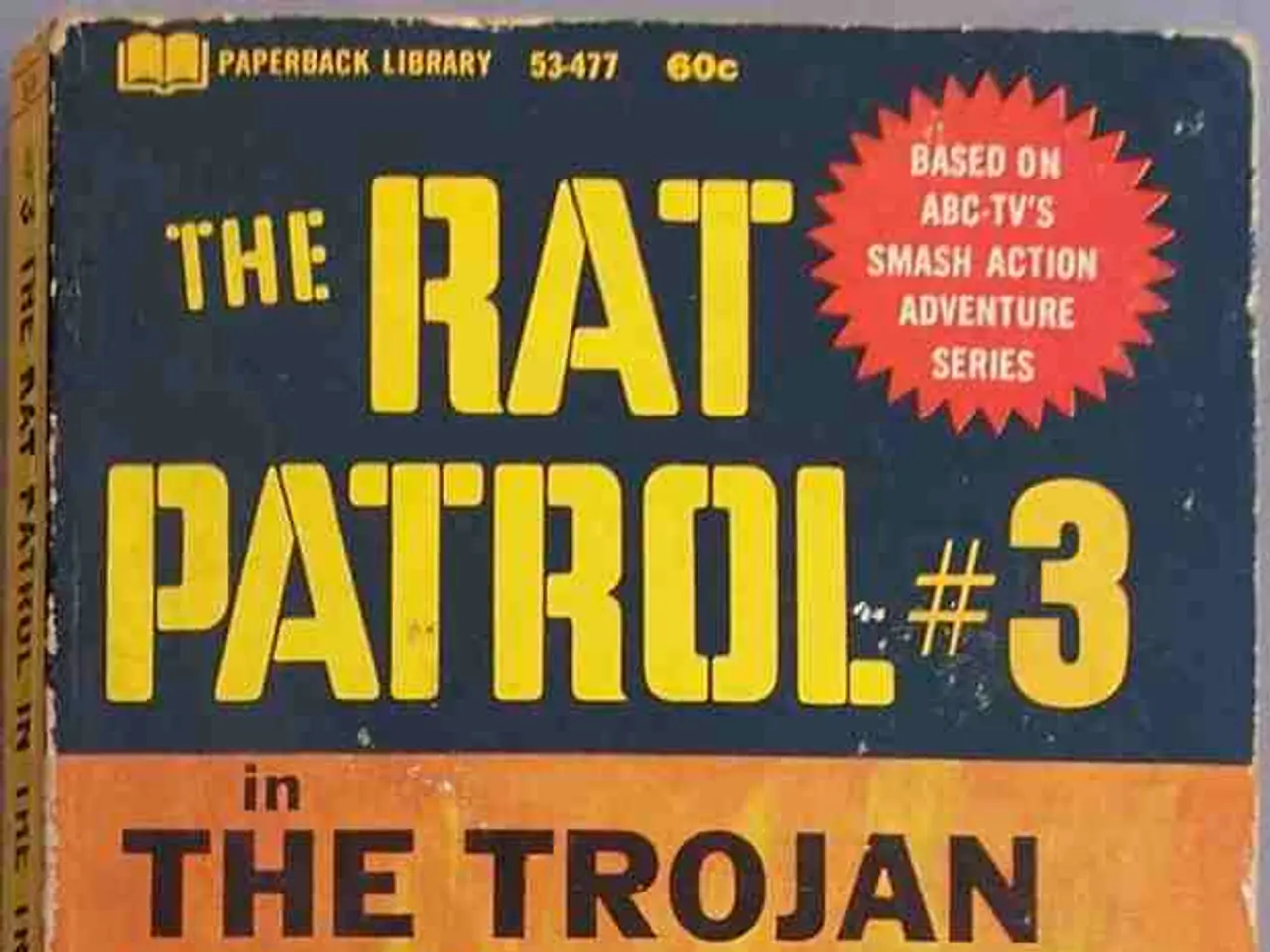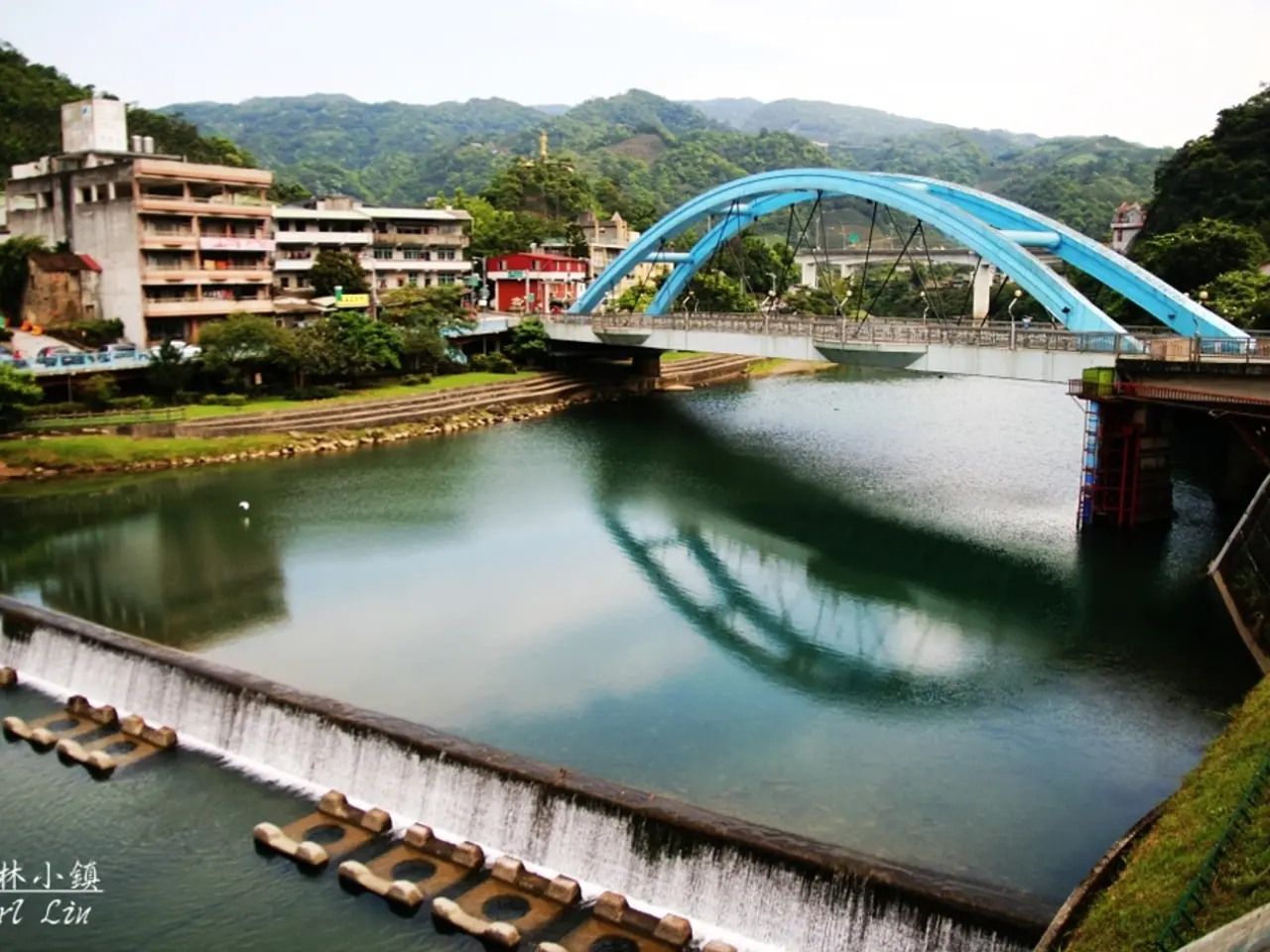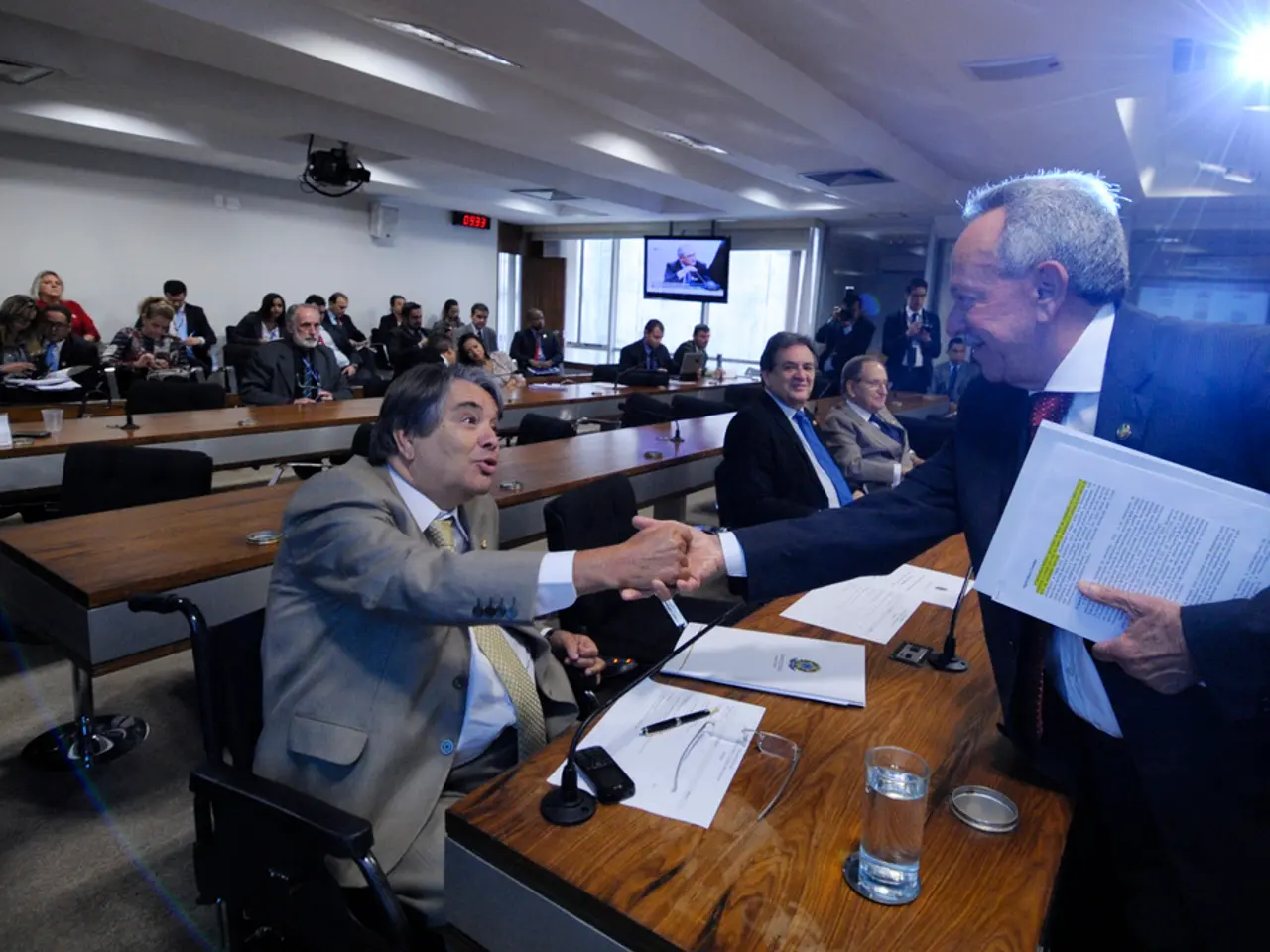China Allegedly Exploited Embassies to Sabotage Sales of France's Prime Fighter, Rafale
In a recent revelation, French officials have accused China of conducting a coordinated disinformation campaign aimed at harming the reputation and international sales of the French-made Rafale jet. This allegation follows the intensified clashes between India and Pakistan, involving Rafale jets in combat.
According to French intelligence, Chinese embassy defense attaches have been actively lobbying in bilateral meetings with security and defense officials from countries that have purchased or are considering purchasing Rafale jets. These lobbying efforts reportedly aimed to portray Indian Air Force Rafales as underperforming and to promote Chinese-made aircraft as superior alternatives.
The disinformation campaign employed various tools, including doctored images, viral social media posts, AI-generated content, and simulated videos showing Rafale jets being destroyed. These materials were intended to damage the credibility of the Rafale and, by extension, France's defense industry and strategic image.
The French Defence Ministry has confirmed the existence of this "vast campaign of disinformation," while China's Ministry of National Defence has dismissed the allegations as "groundless rumours and slander."
The Rafale, considered a 'strategic French offering,' has been targeted because it represents a significant part of France's defense industry and international standing. Justin Bronk, an airpower specialist, suggests that China saw an opportunity to damage French sales prospects in the region by using the performance of Pakistani weapon systems in downing at least one Rafale.
Indonesia, a nation that has already ordered 42 Rafales and is contemplating further acquisitions, has been a target of these lobbying and disinformation efforts. Pakistan, which claimed to have downed five Indian planes during the fighting, including three Rafales, has also been a focus.
This disinformation campaign is not a new phenomenon, as military officials and researchers have been digging for details of how Pakistan's Chinese-made military hardware fared against weaponry that India used in airstrikes on Pakistani targets. The four days of India-Pakistan clashes in May marked the most serious confrontation in years between the two nuclear-armed neighbours.
As this issue unfolds, it is crucial to stay informed about official statements and reports from the French Defence Ministry and French intelligence. Investigative reports from news agencies such as the Associated Press, Hindustan Times, and Daily Pioneer provide in-depth coverage based on intelligence leaks and official briefings. Exploring analyses on disinformation tactics in defense sectors, highlighting state-sponsored social media influence operations linked to China, will also provide a comprehensive understanding of these lobbying and disinformation efforts.
- The Seattle Times, under its 'general-news' section, reports on the ongoing controversy surrounding the Rafale jet, manufactured by France, as the government accuses China of conducting a disinformation campaign to harm the jet's reputation and sales.
- In a bid to promote Chinese-made aircraft as superior alternatives, Chinese embassy defense attaches have been lobbying in bilateral meetings with security and defense officials from countries considering purchasing Rafale jets, according to French intelligence.
- Amidst growing concern over the integrity of the defense sector, sports networks like ESPN could delve into the political implications of this disinformation campaign and its potential impact on sports diplomacy, particularly in regions where the Rafale is popular.
- As the 'crime-and-justice' section of local newspapers discusses the recent clashes involving Rafale jets in the ongoing India-Pakistan conflict, readers may also find it insightful to understand the role of politics and lobbying in shaping business decisions within the theater of global defense industry.








